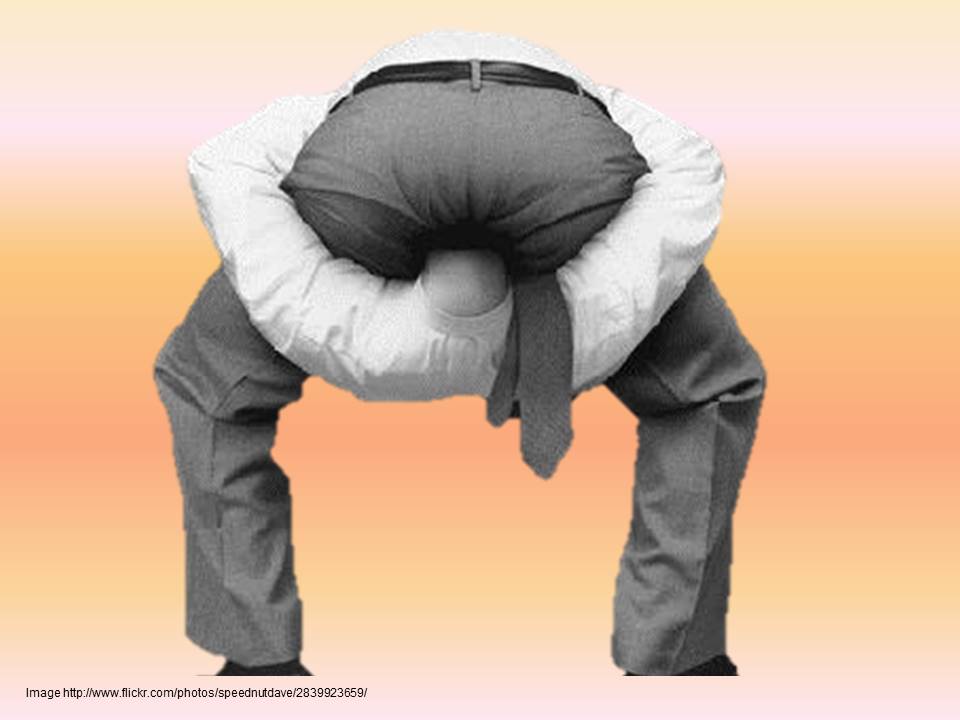
A friend sent me a link to a Wall Street Journal article, “So busy at work, no time to do the job.”
“Managers and knowledge workers, such as consultants, now spend 90% to 95% of their working hours in meetings, on the phone and responding to email.” WSJ
As I read the article, I wondered, what do managers think is their work?
Yes, they are in meetings. Yes, they meet with people. Yes, they are accountable for the output of their team. Yes, they speak with people in formal plus informal ways. That is being in a managerial role!
Manager: A person in a role in which they are held accountable not only for their effectiveness but also for the output of others; and is accountable for building and sustaining an effective team capable of producing those outputs and exercising effective leadership.
Systems-Drive-Behavior
This lack of time and managers feeling as if they cannot complete the work has many reasons, and yes, most of a manager’s time is spent in meetings.
- The flattening hierarchy fad and a desire not to backfill positions as people retire. Much work is not removed, while managerial and output expectations remain.
- Excessive promotion of people to managers. When everyone is a manager, meetings and long-winded discussions happen.
- Poor organization design. Too many manager-subordinates too close in goals. Causing fights and poor planning decisions.
- Lack of clarity on managerial accountability and authority. Managers do not know who is accountable for what and who has authority (I blame excessive reliance on teams).
- Weak management makes front-line staff look incompetent, and this perception of incompetence causes Human Resources to believe they need more managers. The incompetent managers want assistants and deputy managers because they cannot complete the work due to their incompetence.
- Once a managerial layer is created, removing it is close to impossible, so companies cut back on staffing, salaries, and resources.
ALL the above creates meetings upon meetings for managers to appear and feel useful.

